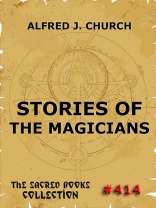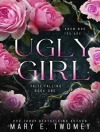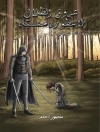Southey’s Oriental Romances, Thalaba the Destroyer and The Curse of Kehama, are, I suppose, almost wholly unknown to the younger generation of readers. It must be confessed that they are not commended by their metrical form; but they display great power of imagination, and convey an admirable moral. I have tried to tell these two stories in prose.
I have added the Story of Rustem, greatly condensed, from Firdausi’s Shah-Nameh, or Book of the Kings. I have availed myself of M. Jules Mohl’s translation from the Persian, a popular edition of which, in seven octavo volumes, was published under the care of Madame Mohl in the years 1876-78. It was necessary to take some liberties with the story, for the chief of which I may plead the authority of Mr. Matthew Arnold, who, in his beautiful poem of 'Sohrab and Rustem, ’ represents the father as believing that the child born to him by his Tartar wife is a girl. In Firdausi’s poem he knows that he has a son, but cannot believe that so young a child can be his stalwart antagonist.












